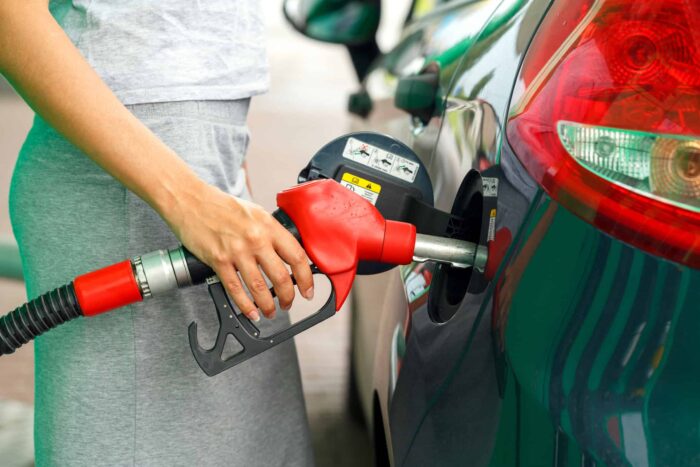New Delhi: Petrol prices in India registered a record high on Monday, with oil marketing companies (OMCs) again increasing it by 25 paise per litre. The price of diesel was also increased by 25 paise per litre on Monday. Petrol was selling at Rs84.95 per litre in the national capital on Monday.
While diesel was retailing at Rs75.13 per litre. This is the highest price for the transportation fuel in the national capital region. After holding the retail price of petrol steady for 29 days, OMCs in India started increasing prices in January. This has come against the backdrop of a rally in global crude oil prices with coronavirus vaccination drives beginning worldwide.
However, prices have slightly moderated, with Brent trading at $54.57 per barrel and West Texas Intermediate trading at $51.92 a barrel at the time of writing this article. The cost of the Indian basket of crude, which comprises Oman, Dubai, and Brent crude, was $55.55 a barrel on 14 January, the latest date for which this data was available.
Every dollar per barrel rise in crude prices increases India’s oil import bill by Rs10,700 crore on an annualized basis. India spent $101.4 billion on crude oil imports in 2019-20 and $111.9 billion in 2018-19. It is a key refining hub in Asia, with an installed capacity of more than 249.36 million tonnes per annum (mtpa). It has 23 refineries and plans to increase its refining capacity to 400 mtpa by 2025.
The central government’s receipts from excise duty, the bulk of which comes from petrol, diesel, and crude oil, saw a sharp 40% year-on-year jump in the first seven months of this fiscal year. Its receipts from excise duty stood at Rs1.6 trillion in the April-October period, up from Rs1.14 trillion in the year ago, data from the Controller General of Accounts showed.
In 2020-21, India, the third-largest oil importer globally, raised taxes on petrol and diesel by Rs13 and Rs16 respectively, in two tranches, through a special additional excise duty and the additional excise duty, collected as road and infrastructure cess.
“The pandemic, together with the oil price clash between Saudi Arabia and Russia, resulted in a severe crude oil oversupply,” the IHS Markit report said. With the spread of the pandemic, the price fell to $19.90 in April before rising to $49.84 a barrel in December, data from the Petroleum Planning and Analysis Cell showed. It had averaged $56.43, $69.88 and $60.47 per barrel in FY18, FY19 and FY20, respectively.


Comments are closed.